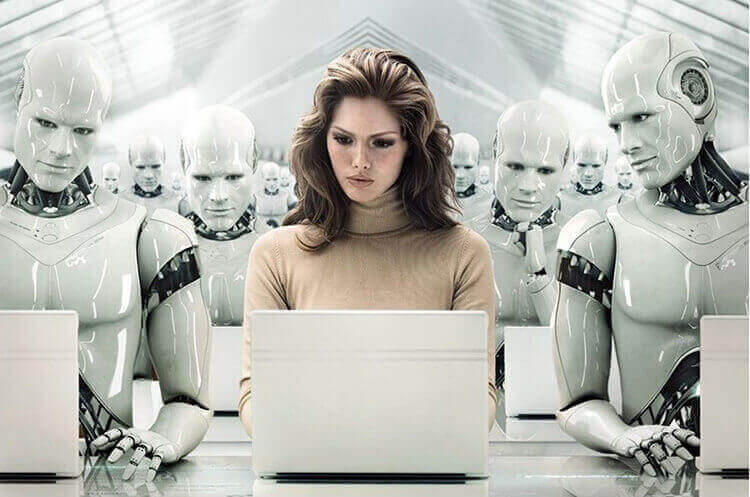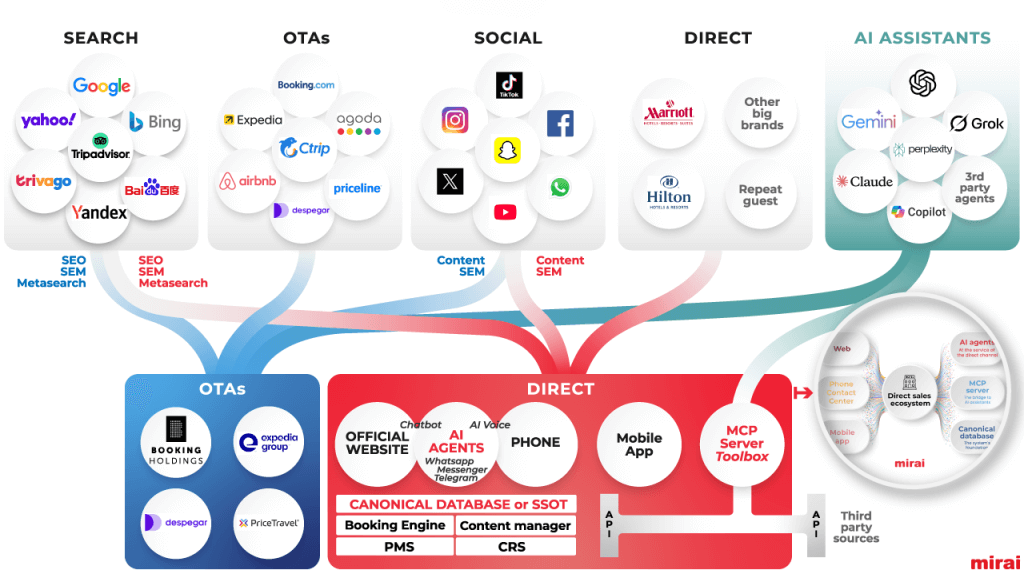
The hospitality industry is bound by face-to-face conversations that are designed to build healthy relationships between provider and patron.
NB: This is an article from SiteMinder
Some of the most successful business owners would likely not hesitate to call their regular customers friends, as it’s this attitude that delivers high-quality service on a consistent basis.
It’s interesting to note then; the hospitality industry is becoming increasingly dependant on technology systems that can limit the amount of interaction people actually have with each other, but in some cases can significantly enrich the opportunity for hotel staff to give guests their utmost attention.
Here’s how technology is changing the industry and the possible implications, negative and positive, for hotels.
Every hotel must now be a technology company
Because society is looking to their mobile devices to solve their problems for them, this is also the way they search for and book travel. This creates a critical need for hotels to respond in kind, by implementing mobile-friendly booking engines and websites, collecting and using data more extensively, and investing in robust property management systems.
However, the convenience of technology extends much further than this for travellers. The desire for quicker transactions at hotels means features like keyless room entry and mobile check-in are trending. Again, this requires the hotel to install and manage the necessary technology.
The School of Hotel Administration at Cornell says it’s seeing more companies coming on campus to hire students who are specialising in areas like digital marketing and business analytics, while Michael Leidinger, chief technology officer at Hilton Hotels and Resorts, said his department had added 140 positions the last two years. The company hopes to install keyless entry in 2,500 hotels by the end of 2017.
Even at a more physical level, hotels are hiring specialists to manage social media, wifi and other IT services, in addition to retail components.
The benefits of using more technology at your hotel
For one, it’s what guests want and it’s what they expect so by using technology you’ll be fulfilling a vital requirement of hospitality service; making the customer happy.
Secondly, technology is designed to simplify and accelerate specific tasks. By making it easier to book, quicker to check-in, and more convenient to order amenities, the guest experience has been enhanced without the hotel manager or staff needing to do anything.
Similarly social media provides a quicker and more accessible way to answer any questions travellers have. We now live in a world where a consumer is more likely to trust the implied perfection of technology over a human.
This creates a flow-on effect whereby hotel staff now have more time to dedicate to guests in the physical surrounds of the hotel and ensure every trip is one without hiccups for the traveller.
The potential disadvantages of a technology influx
Some technologies do present a double-edged sword to hoteliers who aren’t vigilant. For instance, social media is a very powerful weapon in the wrong hands. Any disgruntled guests can quickly and publicly air their concerns or complaints, wounding a hotel’s reputation in the process. Travellers more often trust their peers than they do the defense of a hotel. For this reason, reputation management has become even harder.
Another potential pitfall is mobile check-in and check-out. If guests are arriving and bypassing the front desk, the hotel has a reduced opportunity to establish a rapport, offer advice or assistance, or sell extras, additional packages, or amenities. While this can be done via email, mobile app, or at other times, it’s still one less chance to influence a guest. The same applies to departing guests when the hotel is trying to gain a positive review or induct a new member to its loyalty program.
It’s an interesting and challenging situation for hotels to be in as they work to implement the best technology while preserving what has always been their greatest value; friendly and personal service.




